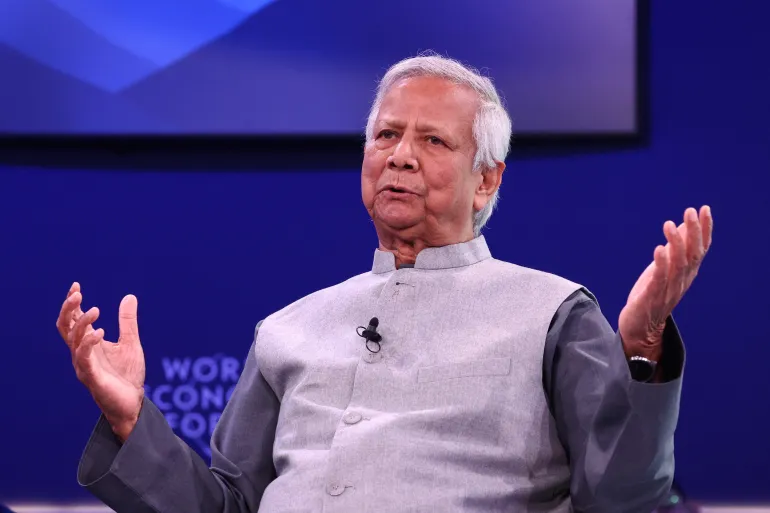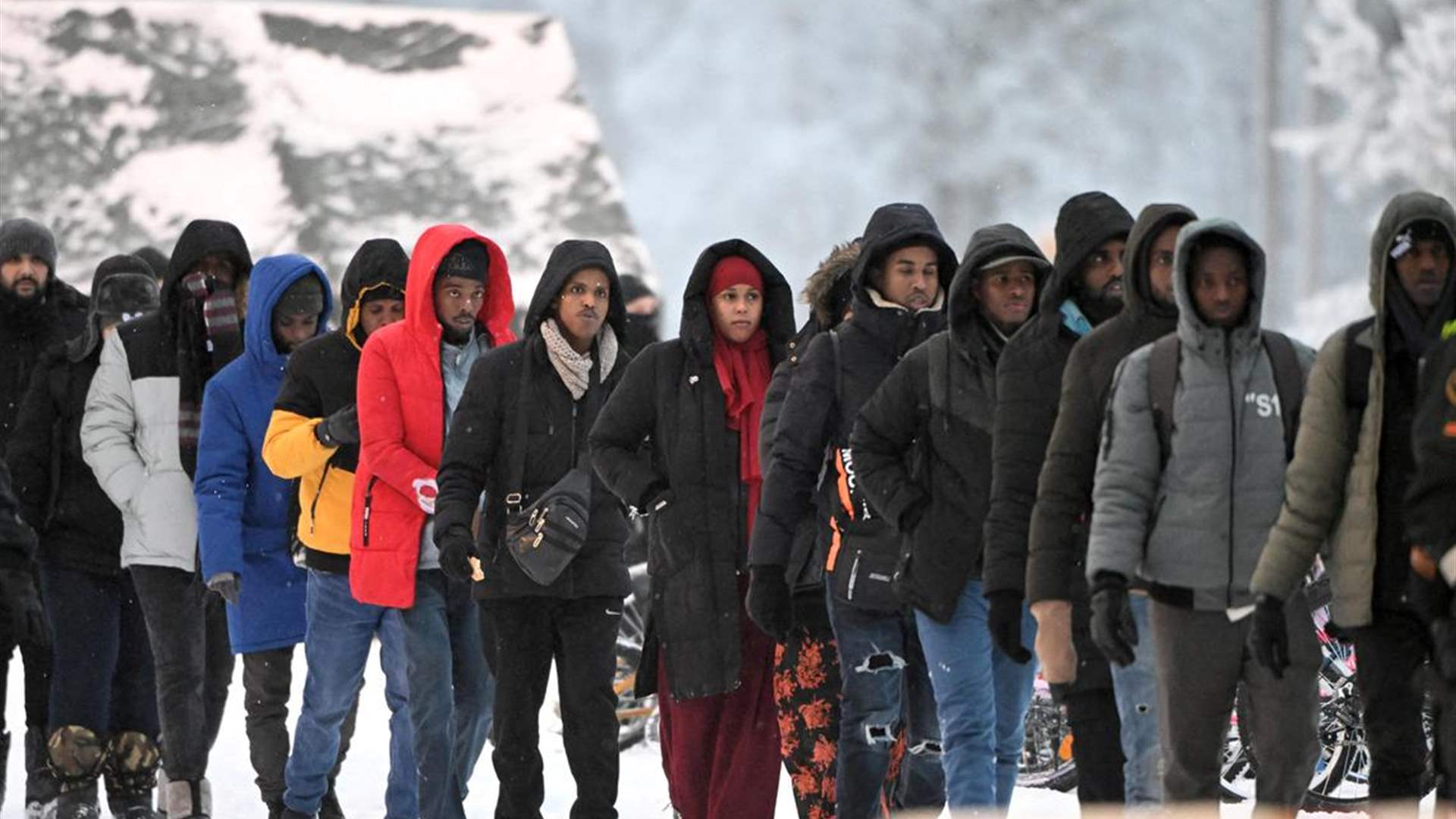Ukrainian President Volodymyr Zelenskyy held a confidential meeting with U.S. Vice President J.D. Vance on Saturday, a senior Ukrainian delegation source confirmed, as Kyiv intensifies efforts to secure Western support amid its ongoing war with Russia and uncertain ceasefire negotiations.
The meeting, which took place on the sidelines of a European security forum in Bratislava, Slovakia, marks the first formal in-person encounter between Zelenskyy and Vance since he assumed the vice presidency under President Donald Trump earlier this year. The discussions come at a critical juncture as Ukraine continues to face heavy Russian offensives across multiple fronts and seeks additional military and financial assistance from allies.
While the meeting was not initially included on the official public schedules of either leader, sources familiar with the talks told Reuters that the discussion focused on military aid continuity, battlefield updates, prisoner exchange negotiations, and Washington’s role in ongoing diplomatic efforts.
“The President emphasized the urgency of timely arms deliveries and Ukraine’s commitment to transparency and accountability in using U.S. support,” the Ukrainian source stated, speaking on condition of anonymity due to the sensitivity of the talks. “We also sought clarity on the new administration’s approach to long-term security cooperation.”
Vice President Vance, a former senator known for his America First stance, has publicly expressed skepticism about open-ended military support to Ukraine, frequently calling for a greater focus on domestic priorities. However, Saturday’s meeting is seen as a possible softening of that position or at least a willingness to re-engage at the highest levels.
No formal readout was immediately released by the White House, but a spokesperson later acknowledged the meeting and said that Vance “reiterated the United States’ interest in a peaceful resolution to the conflict, respect for Ukraine’s sovereignty, and the need for responsible use of American resources abroad.”
Zelenskyy’s outreach comes as Ukraine faces mounting pressure from both battlefield challenges and diplomatic friction. Russian forces have recently intensified operations in the Donetsk and Kharkiv regions, while peace talks in Istanbul have stalled over fundamental disagreements on territorial concessions and security guarantees.
Ukrainian officials believe that continued U.S. support—both politically and militarily—remains essential to sustain resistance against Russia and to strengthen Kyiv’s hand in negotiations. Zelenskyy has repeatedly urged Washington to maintain bipartisan backing for Ukraine, warning that any reduction in aid could embolden Russian President Vladimir Putin.
Analysts say Vance’s meeting with Zelenskyy could be an early indicator of the Trump administration’s evolving stance. “While Vance is more restrained than previous administrations in terms of foreign entanglements, this meeting suggests Ukraine’s messaging is being heard,” said Oksana Kurilenko, a Kyiv-based political analyst.
The surprise meeting also drew attention in European capitals, where officials continue to express concern over waning U.S. enthusiasm for protracted support in Ukraine. Many European leaders are reportedly working behind the scenes to ensure the U.S. remains committed to NATO unity and Ukraine’s defense.
Meanwhile, Russian officials responded dismissively to news of the meeting, accusing Washington of prolonging the conflict. Kremlin spokesman Dmitry Peskov said, “The U.S. continues to fuel Kyiv’s war machine while pretending to pursue peace.”
Despite growing war fatigue in parts of the West, Ukraine insists that its fight remains one for international law, sovereignty, and democratic principles. “We are not only defending our land—we are defending the idea of freedom itself,” Zelenskyy reportedly told Vance.
As Ukraine prepares for another volatile summer of military operations and uncertain diplomacy, the outcome of Saturday’s high-level discussion could influence future U.S. policy decisions—potentially reshaping the trajectory of the war and Ukraine’s broader international alliances.
Source: Reuters


